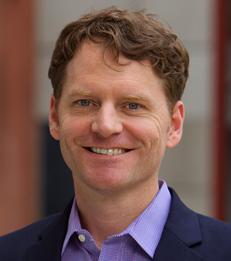Opinion
Not Lonely at the Top
—


Being alone is not the same as feeling alone.
By Joe Magee, Eileen Chou, Adam Galinsky and Adam Waytz
Folk wisdom tells us it’s lonely at the top. This makes intuitive sense: To occupy the sole position atop a hierarchy, to have the sole authority for tough decisions nobody else wants to (or can) make, and to bear the sole responsibility for the consequences of those decisions is, almost by definition, to be alone. Power implies isolation.
Yet behavioral science research has demonstrated that power confers psychological resources on its holders that might help stave off the loneliness that can accompany isolation. In recent years, studies have found that power enhances power-holders’ beliefs that they control their own fates, buffers them from stress and creates the perception that others’ are consistently “in their corner.”
So is it lonely at the top or not? To find out, we tested the relationship between power and loneliness in a series of studies to be published in a forthcoming issue of Organizational Behavior and Human Decision Processes. Our research suggests that it is not, in fact, lonely at the top — not because you’re not alone, but because being alone is not the same as feeling alone.
Read the full article as published in The New York Times.
___
Joe Magee is an Associate Professor of Management and Organizations.
Yet behavioral science research has demonstrated that power confers psychological resources on its holders that might help stave off the loneliness that can accompany isolation. In recent years, studies have found that power enhances power-holders’ beliefs that they control their own fates, buffers them from stress and creates the perception that others’ are consistently “in their corner.”
So is it lonely at the top or not? To find out, we tested the relationship between power and loneliness in a series of studies to be published in a forthcoming issue of Organizational Behavior and Human Decision Processes. Our research suggests that it is not, in fact, lonely at the top — not because you’re not alone, but because being alone is not the same as feeling alone.
Read the full article as published in The New York Times.
___
Joe Magee is an Associate Professor of Management and Organizations.
